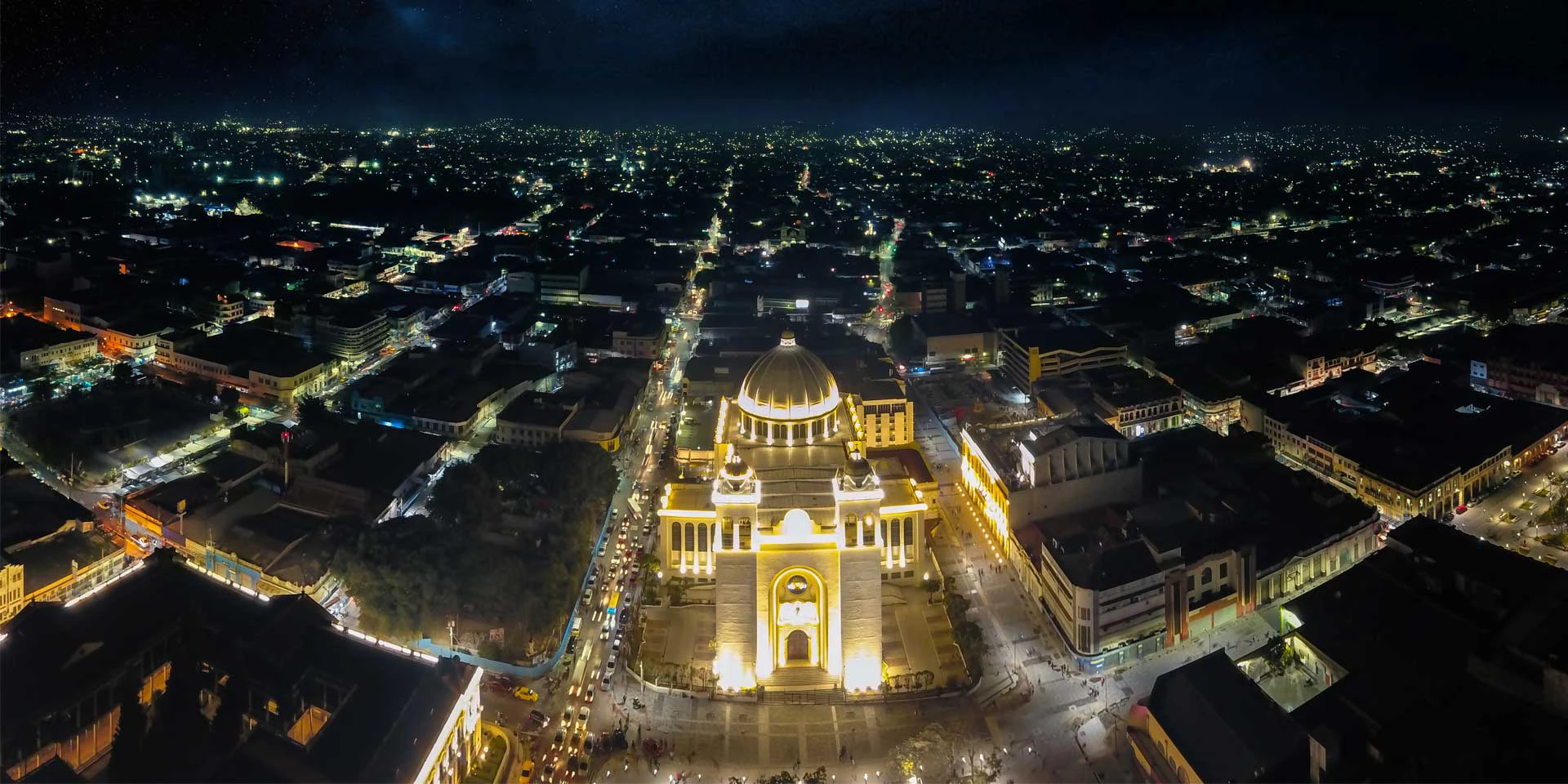In less than 30 years, access to electricity among people in El Salvador has jumped by nearly 30 percent. That’s good news.
But the cost remains prohibitive for many—including businesses that depend on affordable electricity to remain competitive. Nearly half of Salvadoran firms say that the high cost of electricity is one of the biggest barriers to growth because it increases the prices of products and services. Alongside low levels of foreign direct investment relative to regional peers, these conditions have dampened expectations about El Salvador’s economic potential.
To help turn this around, IFC led a $657 million financing package that backs the country’s first integrated liquefied natural gas (LNG)-to-power project. Our funding of Energia del Pacifico (EDP) in El Salvador—the largest private sector investment in the nation’s history—will allow EDP to design, construct, and operate an integrated LNG-to-power facility in the port city of Acajutla.

The high cost of electricity has limited expectations about El Salvador’s economic potential.
The facility will reduce El Salvador’s dependence on imported electricity, enable greater use of renewable energy sources, and ease fluctuations in the nation’s energy supply. As the 380-megawatt, combined cycle gas-fired power plant helps lower electricity prices, it is likely that competitiveness will increase among key industries like manufacturing and services, contributing to El Salvador’s long-term sustainable economic growth. The project is also expected to improve local infrastructure and create thousands of jobs.
Promoting Resilience through Diversification
Transforming El Salvador’s power sector requires significant resources. IFC’s work with Energia del Pacifico and our expertise in several LNG-to-power projects in the region was critical to ensuring the project had a cost-competitive infrastructure, a sound financial structure, and was positioned to attract long-term funding from other lenders.
In addition to making electricity more affordable to households, businesses, and institutions, the new facility will benefit the environment by displacing oil-based energy generation. This will reduce El Salvador’s carbon dioxide annual emissions by an estimated 376,000 tons—the equivalent of taking more than 70,000 vehicles off the road per year.

El Salvador’s first integrated LNG-to-power plant is expected to make energy supply more stable.
To meet demand, El Salvador currently imports 25 percent of the country’s total electricity—making it the largest importer of electricity in Central America. The heavy reliance on imported electricity creates energy security risks and puts a strain on the country’s current account. The facility is expected to supply 30 percent of the county’s total demand and significantly reduce energy imports from the current 25 percent to about 5 percent in 2023.
The new facility will also offer El Salvador greater resilience to manage increasingly unpredictable hydropower generation by providing reliability to the power sector during dry seasons and prolonged droughts. This is especially important because recent studies done on the Salvadoran power sector have deemed the likely long-term impact of climate change on the country’s hydropower generators as potentially “severe”—creating significant concerns about future energy security. El Salvador’s government is strongly focused on diversifying its power generation matrix and reducing its oil dependency by adding renewable and natural gas-based generation capacity. Among renewables, biomass and geothermal dominate, with 14 percent and 11 percent, respectively, followed by solar energy.

The new plant will improve local infrastructure and create jobs.
Opportunities for Regional Integration
The new facility also helps El Salvador move toward integration with other countries in the region. Once completed, the power plant will make it possible for El Salvador to export energy through the Sistema de Interconexión Eléctrica de los Países de América Central (SIEPAC), the electrical transmission grid that runs from Guatemala to Panama, connecting the six Central American countries.
IFC will also help Energia del Pacifico establish a long-term Corporate Social Responsibility Plan—the first of its kind in El Salvador. These practices are based on IFC’s Social and Environmental Sustainability standards. IFC will provide technical support and guidance to help strengthen Energia del Pacifico’s capacity to manage environmental and social risks, especially those related to air emissions, environmental noise, construction, land, and marine biodiversity.
Join the conversation: #IFCimpact
Published in January 2020
